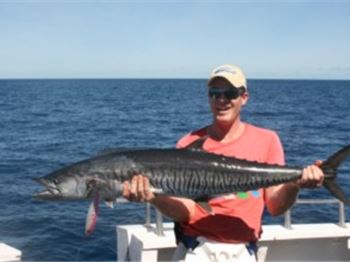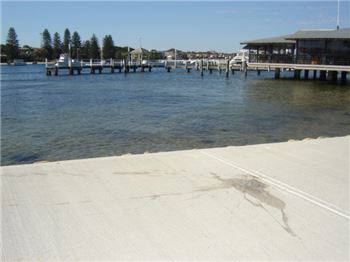NSW: Do your bit for the Macquarie Marshes
NSW Department of Primary Industries is calling on local anglers to report any tagged carp in the Macquarie Marshes and help protect the iconic river system from Australia’s worst pest fish.
“A number of carp in the world-renowned Macquarie Marshes have been fitted with tags and released as part of a joint blitz on the pest fish,” NSW DPI Conservation Management Officer, Rodney Price, said today.
“Recaptured carp will help us identify breeding hotspots and where the fish has come from and whether they use particular creeks and sections of the river to get to suitable breeding areas.
“A better understanding of carp movements and migration patterns will assist us target our control measures and bring carp under control across the river system.
“Tagged fish, along with key information such as date of capture, size of fish, tag number and location, should be reported to the Australian Wetlands and River Centre Fish Hotline on 02 9385 8538.”
Mr Price said that the tagging initiative builds on a broader control campaign across the Macquarie Marshes.
“Innovative carp separation cages are being used at three strategic sites to separate the pest fish from native fish as they attempt to swim upstream,” Mr Price said.
“The local community are right behind the campaign and have participated in a series of carp muster events aimed at raising awareness about the pest fish.
“The Macquarie Marshes has been identified as a major breeding ground for carp, an introduced species which is now widespread across many parts of the country.
“The shallow water that inundates large areas of the floodplain – together with the grassy vegetation – provides ideal breeding conditions for carp.
“The pest fish competes with native species such as golden perch and silver perch for precious food sources and other resources.”
The Macquarie Marshes carp tracking and trapping initiative is a partnership between NSW Department of Primary Industries (NSW DPI) and the Central West Catchment Management Authority (CMA), and funded through the ‘Caring for our Country’ program.







